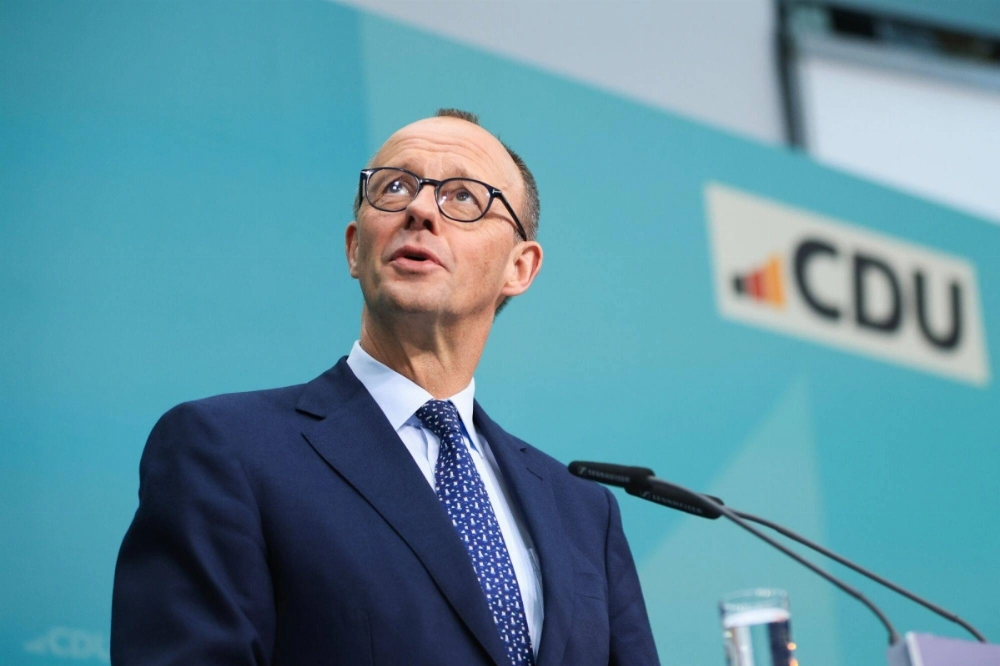The victory of conservative candidate Friedrich Merz in Sunday’s German election has raised hopes that this 69-year-old former corporate lawyer will wave a magic wand and end years of economic stagnation. Germany’s unfavorable demographics mean this is much too optimistic.
Notwithstanding the energetic Merz’s desire to speedily form a government and the likelihood he’ll have to drop his resistance to more borrowing to rebuild Germany’s military, an aging population precludes a repeat of the boom this country enjoyed after World War II or following Gerhard Schroeder’s labor market reforms of the early 2000s.
Demographic change is just one in a long list of structural impediments to growth, which also includes decrepit infrastructure, high energy costs, rising protectionism, weak productivity and the emergence of China as an industrial rival. Still, the retirement of the large baby boomer generation merits attention because skilled labor shortages and reduced working hours tend to reduce potential growth absent continued high immigration, which isn’t guaranteed. The rise of the far-right Alternative for Germany, who received more than one-fifth of votes, making it the largest opposition party in the federal parliament, may deter skilled foreigners from moving to the country.

















With your current subscription plan you can comment on stories. However, before writing your first comment, please create a display name in the Profile section of your subscriber account page.